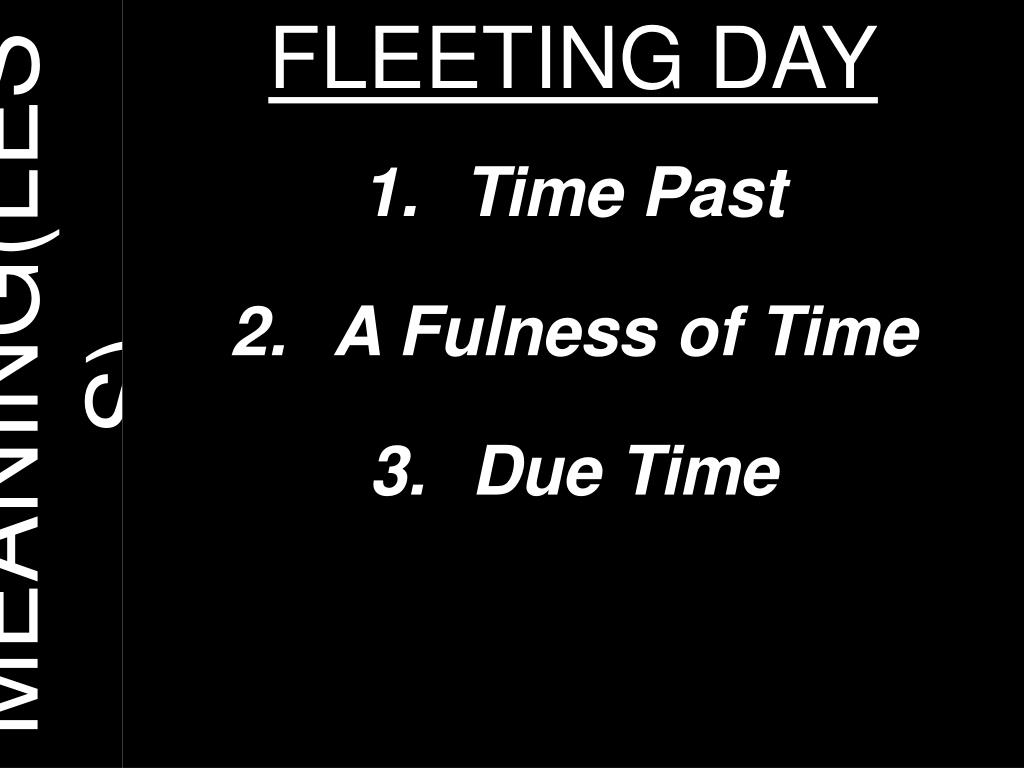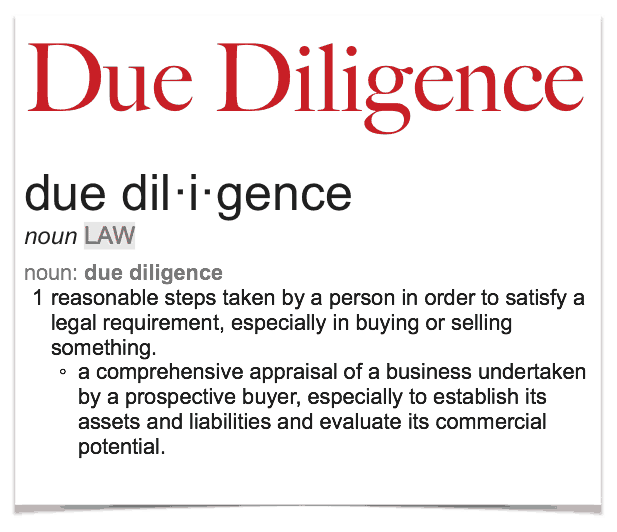
A few writers-Vizetelly 1906, Josephine Turck Baker 1927-repeat the 19th-century objection. In the 20th century the grounds of objection change. Johnson's comment was not, however, repeated by Webster 1828. The gist of their argument is objection to the use of due where there is no notion of debt. Somehow, Johnson's comments on due at his entry for owe (or perhaps just his attitude) were transmitted to American handbooks of the second half of the 19th century: Bache 1869, Ayres 1881, Compton 1898. He inserted it in a later edition, however, with a quotation from Robert Boyle and the annotation, "proper, but not usual." Johnson did not enter Bolingbroke's use of due in his first (1755) edition. Johnson's dictionary notes this controversy (under owe) and comments that Lord Bolingbroke had been aware of it, and avoided owing by using due in the sense "attributable": "Bolinbroke says, the effect is due to the cause." Johnson did not agree he thought that most writers used due only of debt. There were some, apparently, who objected to the use of owing as an "active participle," in the sense "owed, due," which was held to be proper only for the "passive participle" owed (or due). The present-day objection is to due to used as a preposition in the sense of "owing to" or "because of," but the controversy began in the 18th century with owing. Webster's Dictionary of English Usage (1989) has an interesting but quite lengthy note on the question under its entry for "due to." Here is the first part of that note:ĭue to Concern over the propriety of due to is one of those long-lived controversies in which the grounds for objection have changed over time. Views of 'due to' and 'owing to' through the years That being the case, I propose to look at how usage commentators through the years have addressed the question of when it was appropriate to use "owing to" and "due to." If the justification doesn't lie in historical idiomatic preference, it doesn't lie anywhere. It follows that, in modern usage, embracing "owing to" while rejecting "due to" has no rational basis. So "due to" is a preposition meaning "because of," and "owing to" is a preposition meaning "because of"-not much basis for distinction there. Because of on account of: I couldn't attend, owing to illness. The American Heritage Dictionary of the English Language, fifth edition (2010) has very brief entries for the two phrases, and those entries offer no obvious basis for insisting on such a fundamental difference in acceptable usage:


Objectively, it's quite difficult to make a simple, logical case on behalf of the traditional rule that "owing to" is acceptable at the start of a prepositional phrase linked to a noun but "due to" is not.

Note: This lengthy answer tries to identify the historical reasons underlying the traditional (for the past 100 years or so) view of the difference between 'due to' and 'owing to.' If you dislike long answers or history-focused answers, I encourage you not to waste your time reading this answer.


 0 kommentar(er)
0 kommentar(er)
